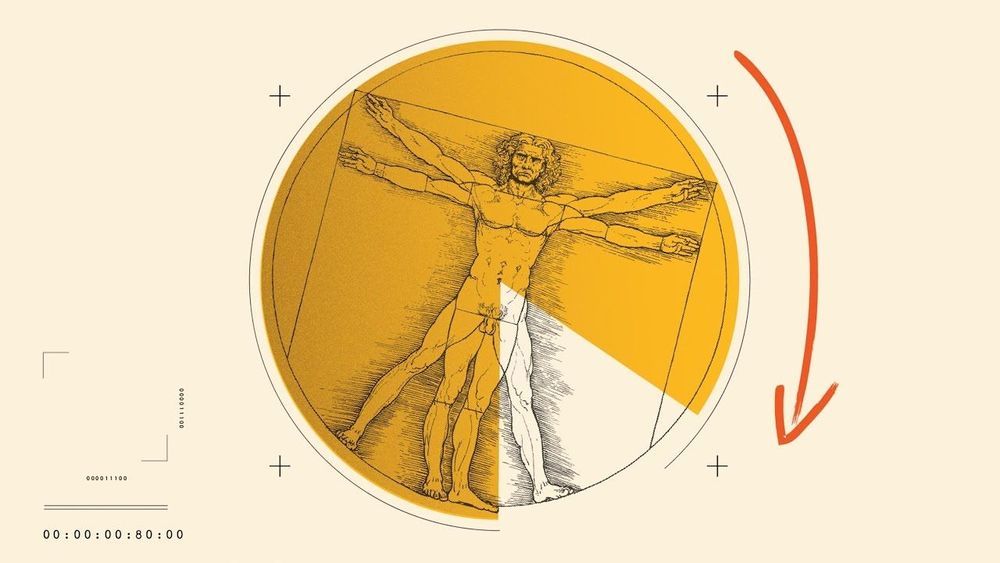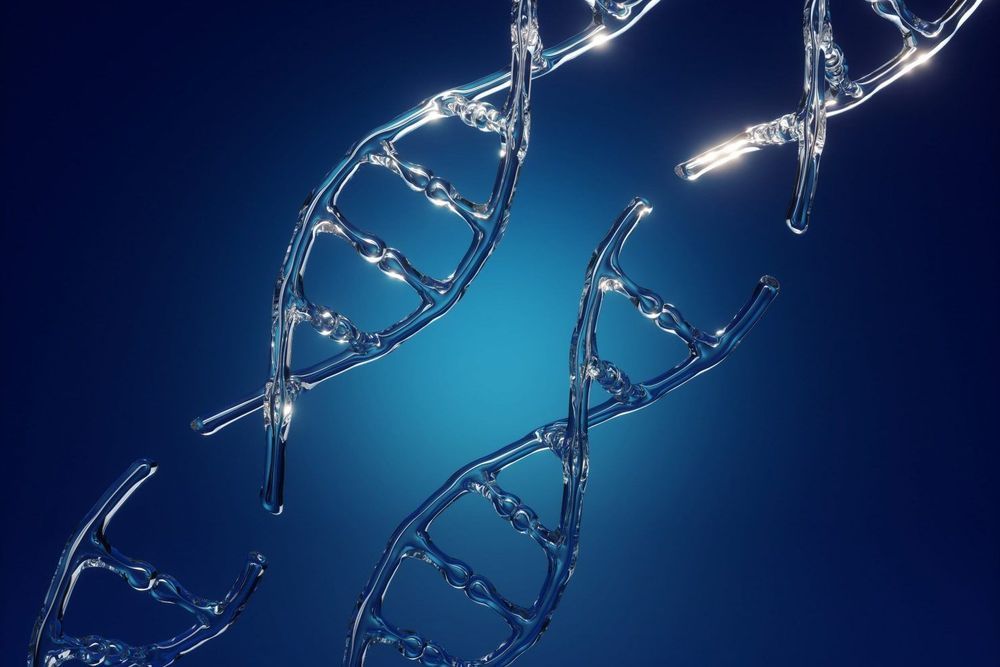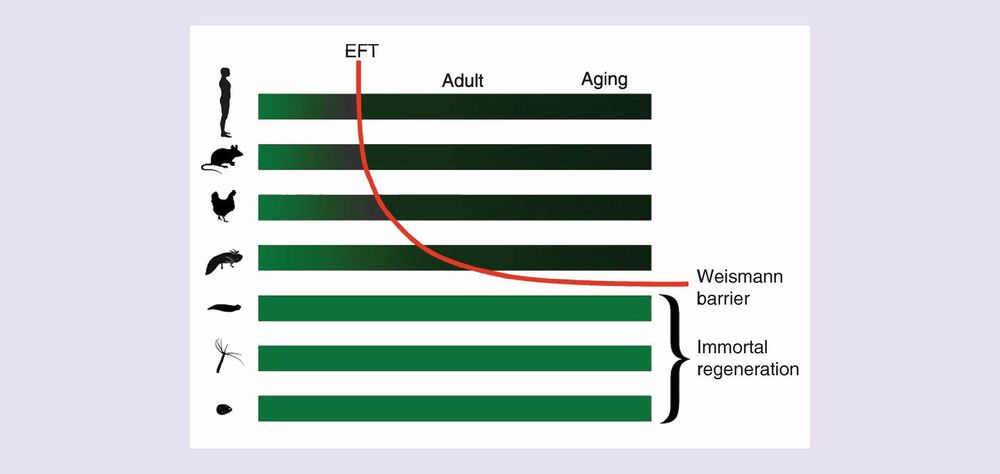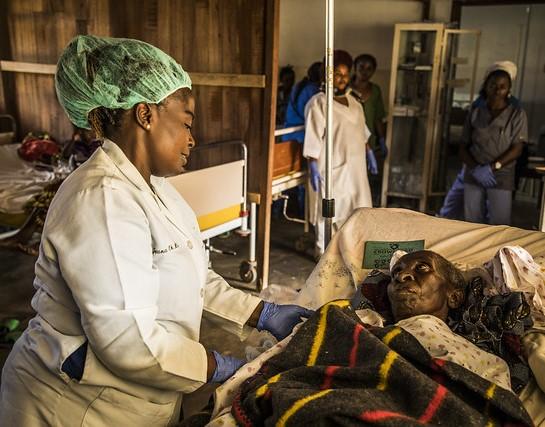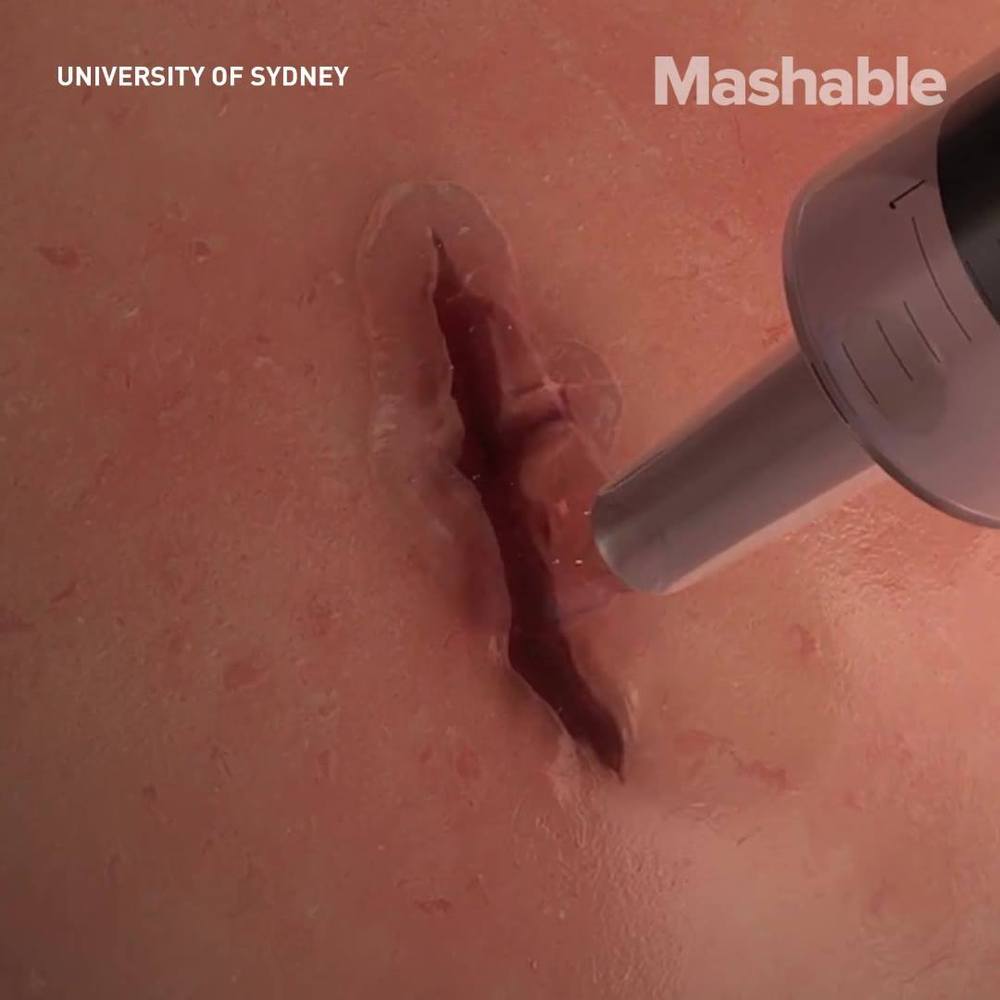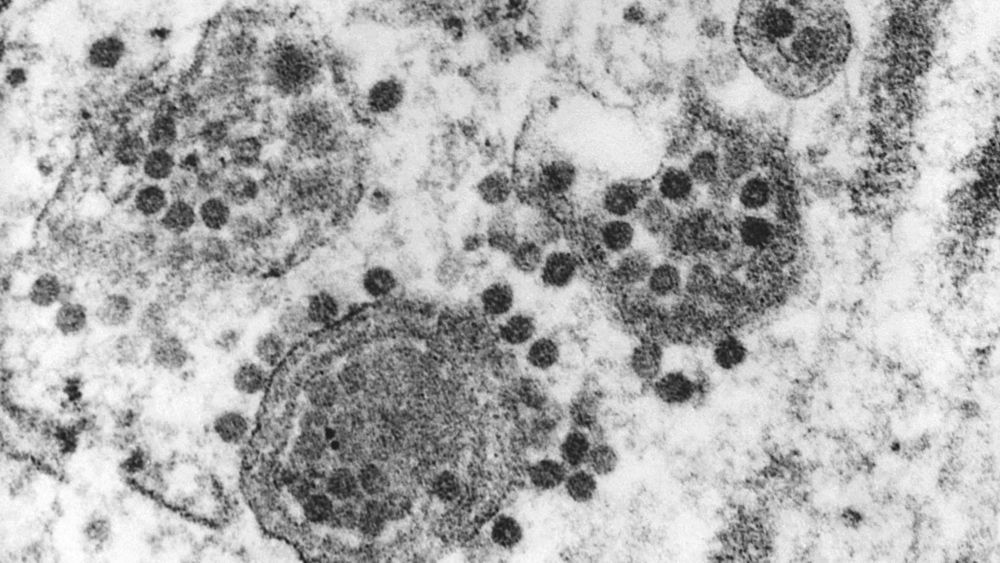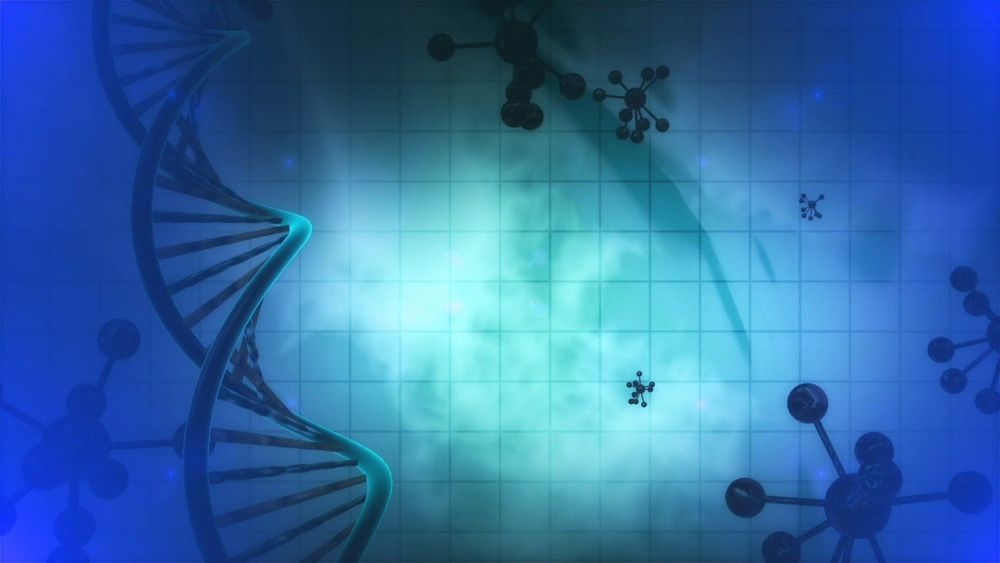Sep 11, 2019
What will humans look like in 100 years?
Posted by Paul Battista in categories: biotech/medical, ethics, space
We can evolve bacteria, plants and animals. Is it ethical to evolve the human body? I say yes.
And it becomes a moral imperative because it’s going to be really hard to live on Mars if we don’t fundamentally modify the human body. Right? You go from one cell, mom and dad coming together to make one cell, in a cascade to 10 trillion cells. We don’t know, if you change the gravity substantially, if the same thing will happen to create your body. We do know that if you expose our bodies as they currently are to a lot of radiation, we will die. So as you’re thinking of that, you have to really redesign things just to get to Mars. Forget about the moons of Neptune or Jupiter.
Continue reading “What will humans look like in 100 years?” »
